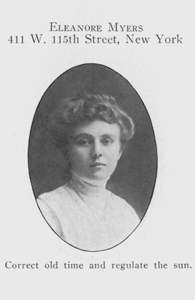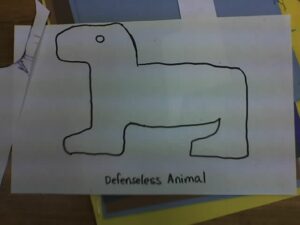More mysteries, and some unrepentant bitching
I read another Mavis Hay detective novel though the Oxford one turned out to not be very good. The subway one wasn’t really good either. They both had tiny bright spots that made them amusing or unique, but I conclude fiction was not her forte. I can’t quite recommend them! Though I am very curious about her art & craft books, like the one surveying quilting techniques of Britain. (I am not a quilter but that sounds interesting!)
On to the next one on my e-reader, Skull Castle. I hadn’t noted the author at all but was immediately struck by the punchy and exciting style. It is super gothic/romantic, atmospheric, feels like “action” even though they are just like, on a train or in a house party, characters all memorable and interesting. The Duchess is especially great so far. Then I went to look at who wrote it – oh! duh. John Dickson Carr. A known fabulous writer but somehow I have only read a few of his more famous locked room mysteries on some journey through a long list of famous locked room mysteries.
As I mentioned yesterday I am feeling irritable from pain and high steroid doses. One thing that really chaps my hide is when I get officiously lectured about some shit that doesn’t require a giant lecture from someone fucking ignorant or simply being a dick for no reason. Or because they hate their job and hate me. They should keep the hate close and save their breath because I’m not having it.
Examples.
Bus drivers who pull up at the not correct spot and then give me a lecture (yelling, over the sound of the ramp and beeping, to the entire bus and street, to tell me how i am in the wrong place, when i’m not, i’m in the little BOX that is PAINTED THERE for wheelchair users to know where to wait)
Hospital valet parking loading zone guys with little hats on, blocking my way off the ramp into the loading zone while they tell me officiously that I need to WAIT and NOT GO INTO THE STREET MA’AM you need to WAIT you CANT GO INTO THE STREET.
(OMG I must be ESCAPING!!)
Me: Excuse me. My van pickup is right there. Pardon me. (BARRELS BY HIM)
Hat guy: MA’AM
Me: *** dirty look side eye *** (ignores him completely)
Hat guy (chasing me into the loading zone, which is 2 cars wide, my van being in the 2nd lane) MA’AM!!!!!!!
Me: (Misgendered) (gets into van as van driver, thankfully, smirks to himself)
Hat guy to Driver: YOU CANT BE HERE YOU CANT BE IN THE ROAD
Van driver: Just loading my passenger! (emitting cheerful fuck-off rays) (I love him) (Great conversation with amusing driver then happens on my ride home)
Office phone answerer at the rheumatologist where my doc faxed a referral a week and a half ago who keeps telling me to wait for a call back to make the appointment, but then when I find out they NEVER GOT THE FAX (a fax…. fuck me….. i hope my doc sent it FROM THE BEACH) and I call to get the info again to double check it (which we all had correct in the first place) they lecture me again, then I call back to make sure they got the damn FAX and receive yet another exasperated lecture from office lady with a shitty job who has to deal with people like me.
Me: “I sincerely apologize for the annoyance but I will have to keep calling back at least once a day until I can confirm you GOT THE FAX.”
Her: (angrily) that isn’t how it WORKS you ahve to wait for us to call YOU once we receive the fax.
Me: Yes but I was waiting for almost two weeks and i’m not doing that again!
Her: Well I dont know what to tell you. We didn’t receive it.
Me: Yes. I know. This time, I’ll make sure you do get it. In a timely way.
Her: ** more cloud of lecturing **
Me: None of it is your fault and I’m sorry but I’ll be calling back tomorrow….
Everyone can fuck off… also I realized that the super bad van driver yesterday acts like that because he is normally a paratransit driver, who can act demeaningly to his clients because they have no other options, and who is super annoyed that I have any sort of boundaries and don’t let him do things like TOUCH ME OR MY CHAIR (it is utterly insane to act like you are going to do anything by “pushing” on the back of a power chair on a gently sloping ramp, for example) I hate a power tripping person, i am sorry, i’ve had shitty jobs too but always figured out a way to cope and not take it out on people!

